The Russia-friendly incumbent president’s party is projected to secure a parliamentary majority
Serbian President Aleksandar Vucic has declared victory over a pro-EU opposition coalition in Sunday’s parliamentary election in the Balkan country, after exit polls projected that his Serbian Progressive Party (SNS) would win over half of the seats.
The SNS won some 46% of the vote, according to polls by CeSID and Ipsos, with rival Serbia Against Violence (SPN) claiming less than 28%. A total of 18 parties ran for the 250-strong national legislature, of which five are projected to surpass the 3% threshold required to enter parliament.
The SNS is set to win a slim majority of 128 seats, up from 120 in the current composition. It is expected to enter a coalition with some of its current partners to strengthen its position, rather than form a new government alone.
“This is an absolute victory and it makes me happy,” Vucic told journalists after the projections were announced.
Read more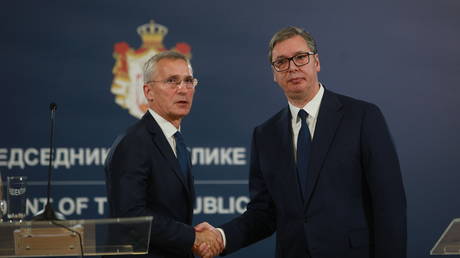 Serbia pledges to improve relations with NATO
Serbia pledges to improve relations with NATO
The Vucic government called a snap general election in the wake of protests triggered by two mass shootings in May, which claimed 18 lives. The previous ballot was held in 2022. Sunday’s election was the fifth since 2012, when the SNS first came to power.
Serbians were also voting in local elections in most municipalities, including the capital Belgrade and the northern province of Vojvodina. Belgrade is home to roughly a quarter of the Balkan nation’s population. The office of its mayor, who is elected by the city council, is considered among the most influential in the Serbian political system.
Preliminary results have shown a slight SNS lead in the campaign for the capital’s legislative assembly, with the party winning over 38% of the vote, compared to the SPN’s 35%.
Vucic’s party is seeking to make Serbia an EU member, although there are obstacles to that possibility, including the status of the breakaway Serbian province of Kosovo, which Brussels considers an independent nation.
READ MORE: European country calls snap elections to ‘reduce tensions’
The EU also wants Belgrade to realign its foreign policy with that of the bloc, including by joining the US-led sanctions campaign against Russia. Serbia and Russia have traditionally been close allies, and Vucic has resisted Western pressure.

 1 year ago
391
1 year ago
391

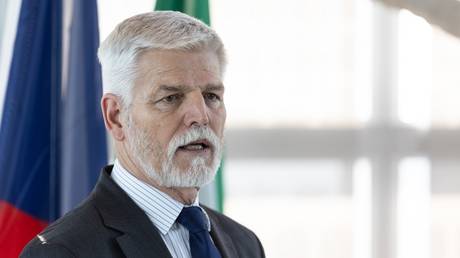
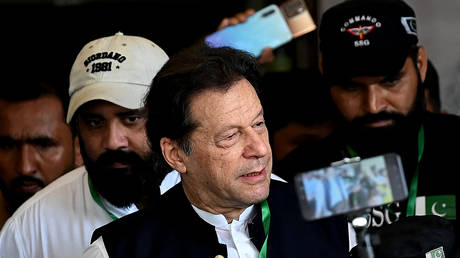
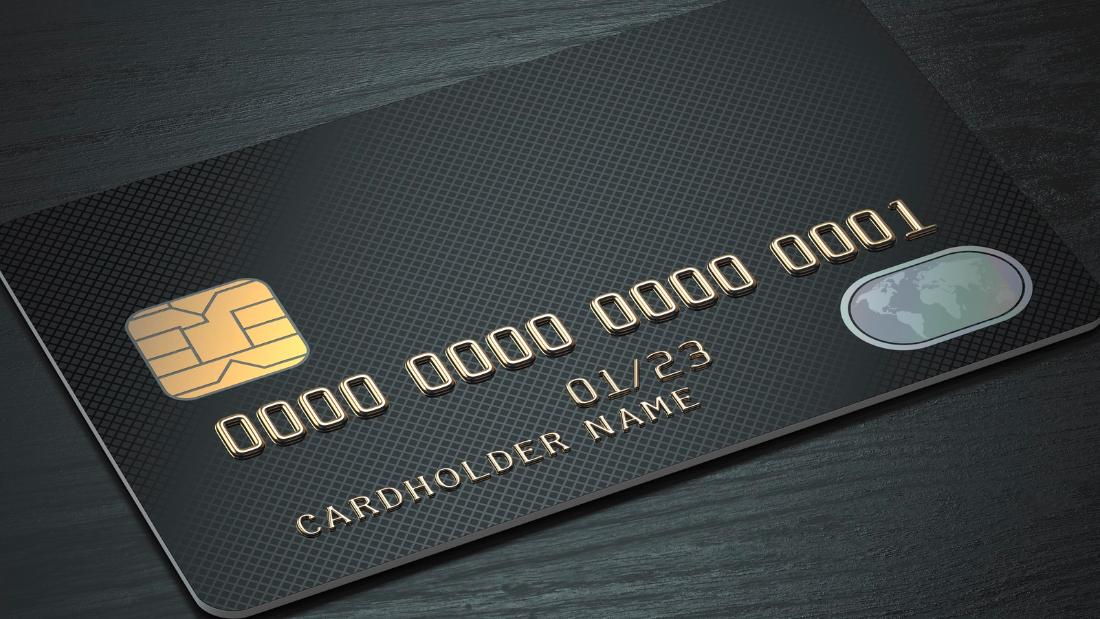

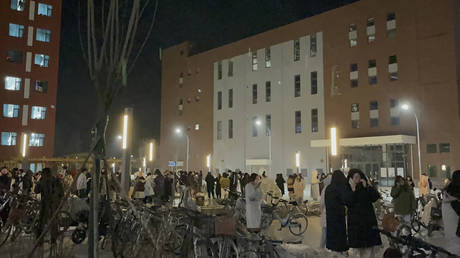
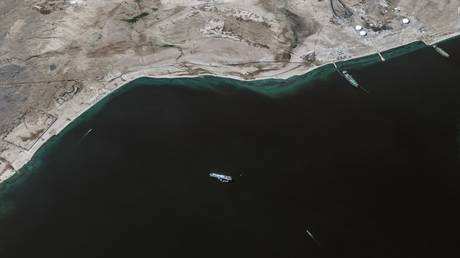
 English (US) ·
English (US) ·